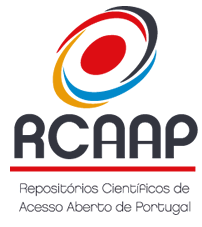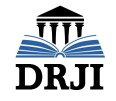What students, parents and teachers consider as the role of school in the public school system
DOI:
https://doi.org/10.5433/1679-0383.2012v33n1p29Keywords:
Educational Policies, Role of the Public School, Educational Community.Abstract
The present article intends to corroborate to the studies on educational policies of contemporary researchers (SANTOMÉ, 2001; SILVA, 2004; LINHARES, 2001, 2002; BOHN, 2000). These researchers believe the public school which we ‘want to’ should have been built in the one which we have already had. In addition to that, they affirm that government educational policies should guide proposals for a real democratic school and a fundamentally collective education. Through a survey with students, parents, and high school teachers of a public school in the Northwest of Paraná, it is aimed to present what those involved understand as ‘role of the school’. This presentation will discuss the degree of influence of the government policies in the speech of students and how much the vision expressed by parents and teachers can tell about the position that the person occupies. In face of this, as result of a triangulation of the visions of the three groups participating in the search, it is enabled the visualization of educational politics ‘productivist’, ‘profiteering’ and the pursuit of ‘invisibility’ of Governments.Downloads
Downloads
Published
How to Cite
Issue
Section
License
Semina: Ciências Sociais e Humanas adopts the CC-BY-NC license for its publications, the copyright being held by the author, in cases of republication we recommend that authors indicate first publication in this journal.
This license allows you to copy and redistribute the material in any medium or format, remix, transform and develop the material, as long as it is not for commercial purposes. And due credit must be given to the creator.
The opinions expressed by the authors of the articles are their sole responsibility.
The magazine reserves the right to make normative, orthographic and grammatical changes to the originals in order to maintain the cultured standard of the language and the credibility of the vehicle. However, it will respect the writing style of the authors. Changes, corrections or suggestions of a conceptual nature will be sent to the authors when necessary.

















